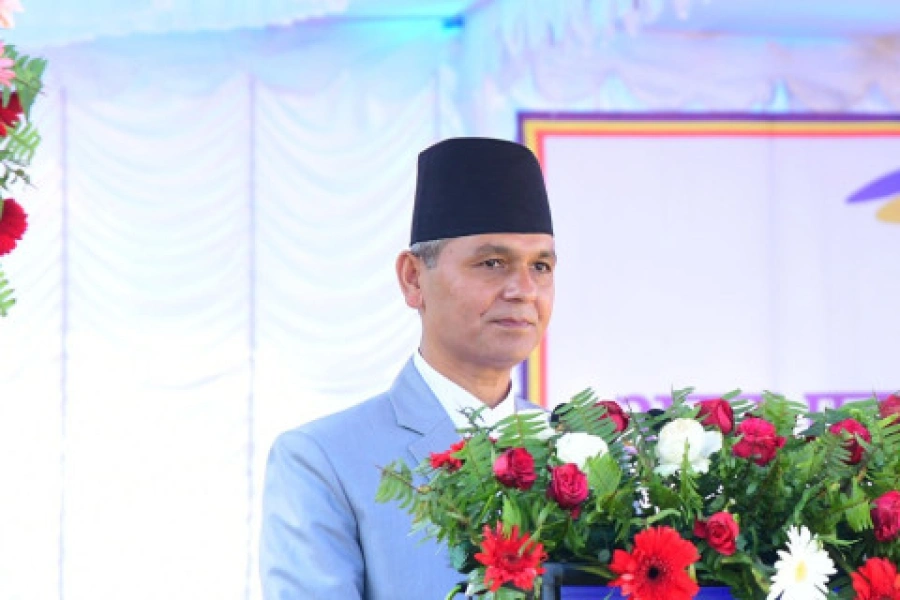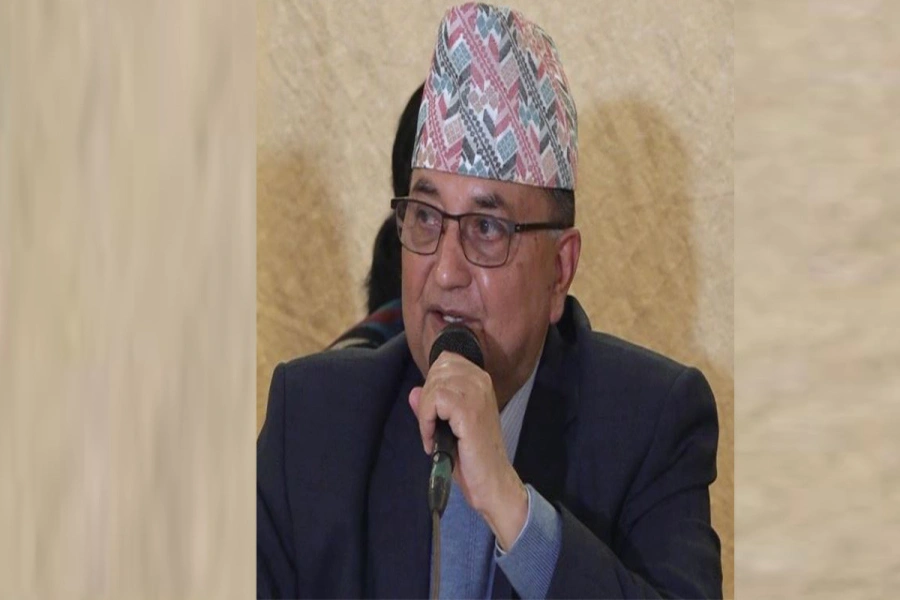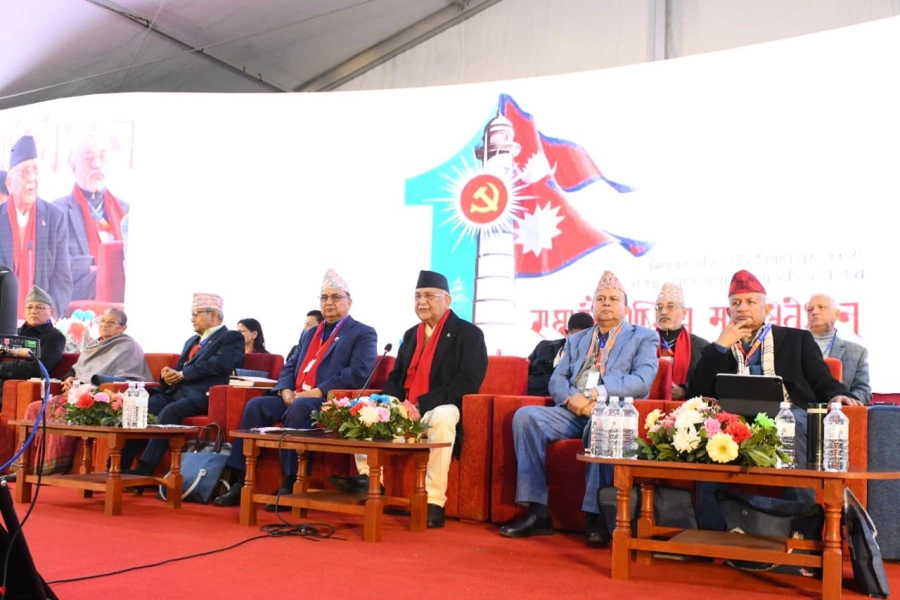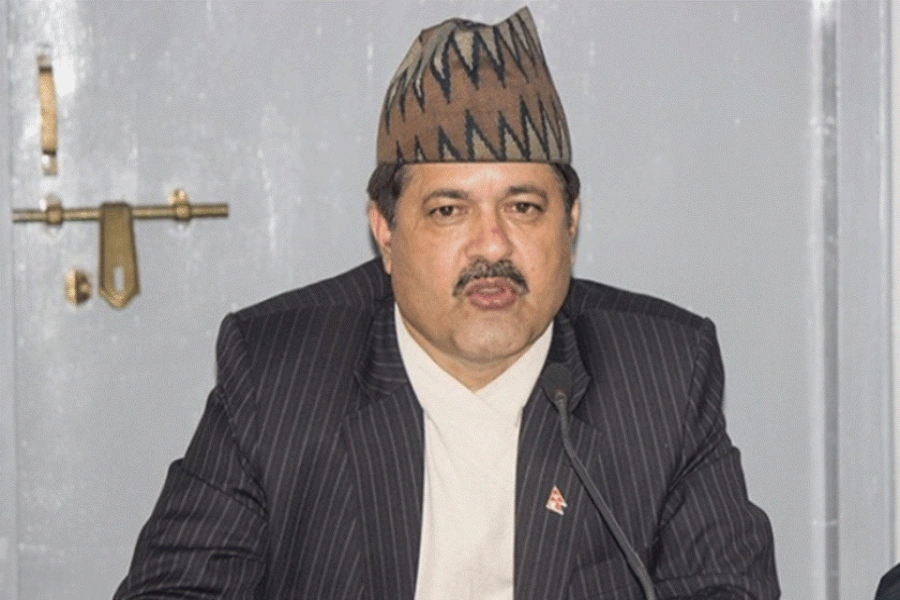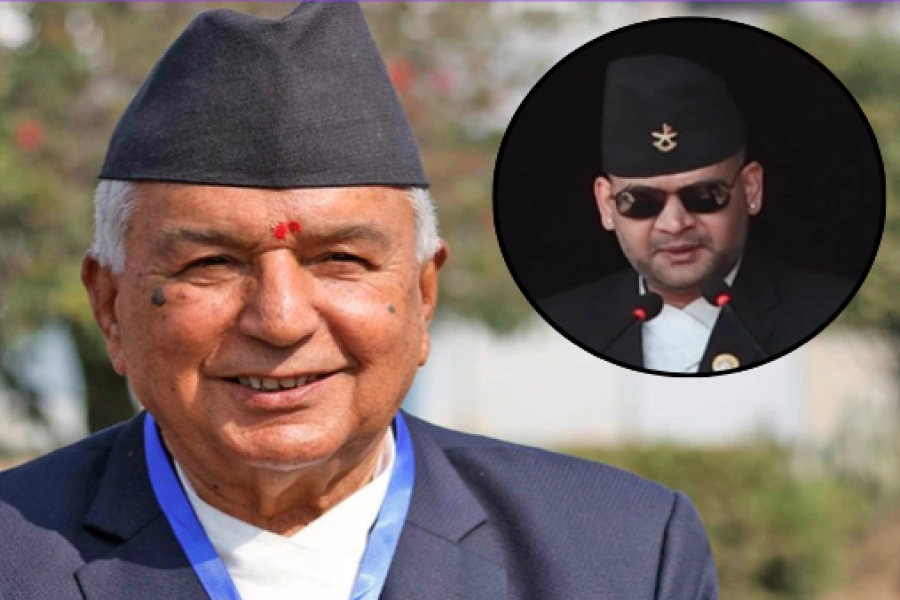The Investment Board of Nepal (IBN) was formed in 2011 with the ambitious target of bringing US $1 in billion foreign direct investment (FDI) in the first half of fiscal 2011/12. It was an important decision, although plenty of questions were raised about the intention of the then Dr Baburam Bhattarai government.
The FDI was intended for large scale projects, including hydropower projects. Yes, we do need FDI, but we also have to encourage domestic private sector to invest more in different sectors. The IBN can play a vital role in this regard.

The IBN has mandate to engage only in large projects. But that should not be a binding constraint in case of domestic investors, who could be a source of vital capital in the market. International investors come calling only when there is stability. Looming uncertainties about possible policy changes make them hold back. Moreover, foreign investors seldom translate their commitments into action. [break]
According to the Department of Industry (DoI) which keeps record of investment flow into the country, from both foreign as well as domestic investors, there has been a satisfactory level of FDI commitment in the last couple of years. But the actual flow of FDI is disappointing. In fact, there is no mechanism to track actual investment. According to DoI, the country received commitment for Rs 84 billion in FDI in the fiscal 2012, with the target of generating more than 16,000 jobs. The FDI was to be pumped into agriculture, construction, energy, manufacturing, services and tourism.
But FDI for large projects have not materialized because of prolonged political transition, labor disputes, acute power shortage and unresponsive bureaucracy. This is the time to get domestic actors to invest. The IBN, which is busy negotiating major hydropower projects, should also start talking with domestic private sector for small and medium sized projects.
International investors involved in large scale hydropower projects are in a wait-and-see mood. The Sutlej Jal Vidyut Nigam engaged in Arun-III (900 MW), GMR that is working on Upper Karnali (900 MW) and Upper Marsyangdi (600 MW), and SN Power that is with Tamakoshi III (650 MW) are waiting for stable governance and policy consistency. The IBN, which is carrying out project development agreement (PDA) negotiations with the three power developers for four major hydropower projects, should not give an impression that domestic private sector is being left out. The small scale hydropower projects (around 30-40 MW) that domestic actors can help develop would be a boon for the power-starved country.
The IBN was established after the realization that existing institutions had failed to ensure efficient project implementation. The IBN formed under the Investment Board Act 2011 has to be more efficient in facilitating smooth implementation of projects, which includes coordinating within bureaucracy and local stakeholders.
Small and medium scale projects are also hampered by the country’s unstable situation. The public-private partnership (PPP) model can make this sector function better. The IBN, which has already started discussion on PPP model, has to identify projects that can be developed during the transitional period. Instead, the domestic private sector is losing faith in the government which has failed to protect them from intimidation and extortion from different political parties.
Right now potential investors from India and China have been waiting to see how the political course shapes up, particularly focusing on upcoming November polls. The incumbent government led by technocrats should be solely focused on holding election on time as the country’s economy is politics-driven. The World Bank has rightly said that the most important element in luring FDI is policy consistency rather ending power shortage and labor disputes. That means investors interested in hydropower are looking for guarantee from government that policies wouldn’t be changed midcourse.
The IBN should look to bring together stakeholders and ensure policy consistency. Nepal Electricity Authority (NEA), the state-owned hydropower regulatory body, should cooperate with IBN to lure FDI and domestic power developers suffering from the irresponsible behavior of NEA should be taken into confidence again.
November polls and smooth political transition are crucial for FDI inflow. It is upon the domestic private investors to keep the economy functioning until that time. Investing during the transitional phase can be a comparative advantage for local investors.
The manufacturing and service sectors have lost their vigor due to electricity shortage. We need domestic investors to invest in small and medium scale power projects. For this the government has to make available transmission lines and sign connection agreements with local power developers. For its part the IBN, which was conceptualized by domestic private sector, should facilitate development of transmission lines so that the power developed by small and medium size hydropower projects can be better managed.
The different underperforming sectors desperately need more investment. As foreign investors hold out, the domestic private players should step up the plate.
The author was formerly associated with
Republica’s Business & Economic Bureau. Views expressed are personal
bhoju.poudel1@gmail.com
Bhaktapur introduces local curriculum



-1765796789.webp)










